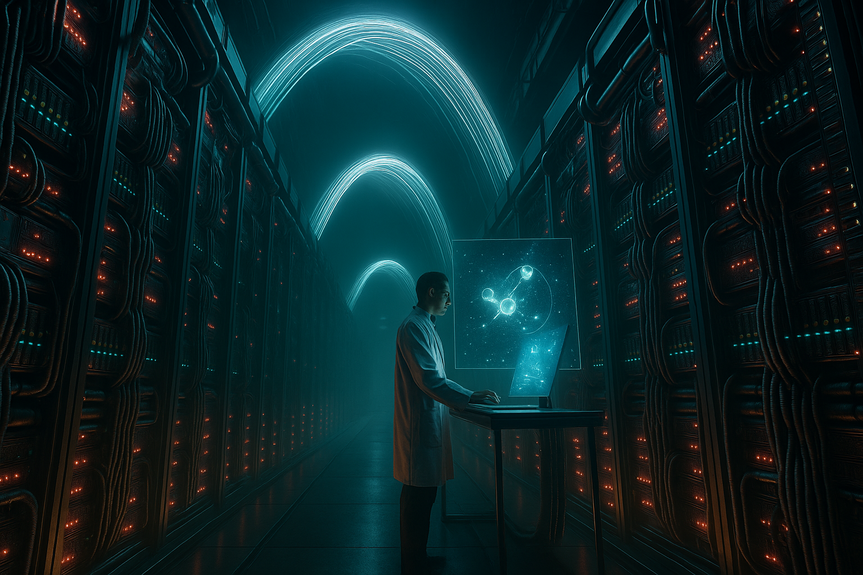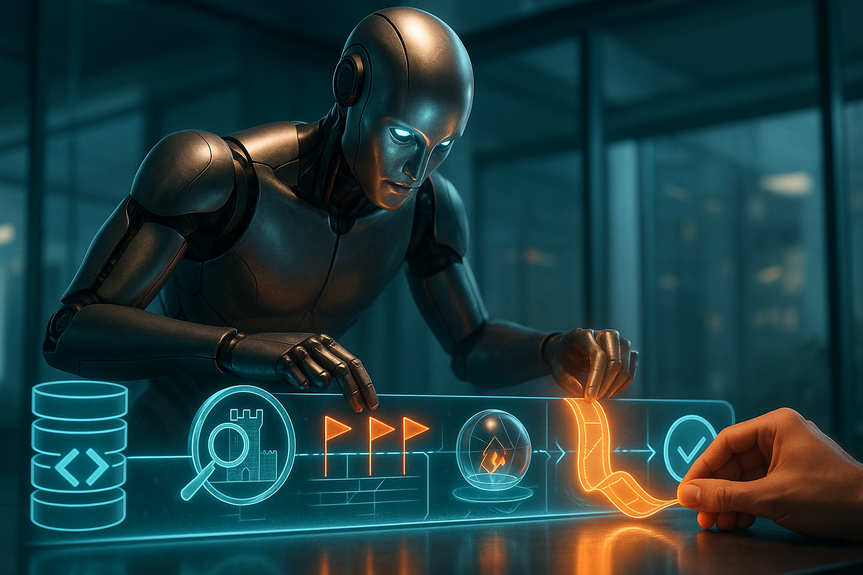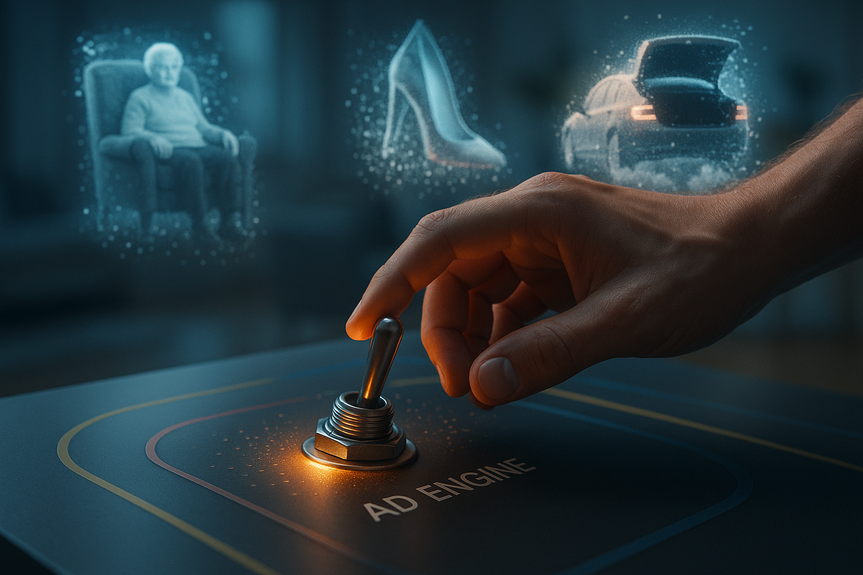
AI News
07 Mar 2025
Read 4 min
AI in Healthcare: Does It Reduce or Increase Clinician Burden?
AI streamlines healthcare tasks but can also add challenges. Learn how AI impacts doctors, nurses, and patients.
How AI Helps Doctors and Nurses
Artificial intelligence (AI) has changed how hospitals and clinics work. Many believe AI can help doctors and nurses by making tasks easier and faster. AI-powered tools assist with diagnosing diseases, reducing paperwork, and even answering patient questions.
Some ways AI helps clinicians include:
- Speeding up medical image analysis, like X-rays and MRIs.
- Automating administrative tasks, such as scheduling and billing.
- Providing clinical decision support to improve patient care.
With AI handling routine tasks, doctors and nurses can focus on patient care. This can lead to better outcomes and reduced stress for clinicians.
Challenges AI Poses for Healthcare Workers
Although AI offers many benefits, it also creates new problems. Many healthcare workers say AI tools can sometimes increase their workload instead of reducing it. A few key concerns include:
- AI systems need proper setup, training, and monitoring.
- Some algorithms make mistakes, requiring human oversight.
- AI-generated suggestions can overwhelm doctors with data.
These factors can add pressure on doctors and nurses instead of helping them. Some feel they must spend extra time double-checking AI recommendations. Others worry about relying too much on technology instead of personal experience.
AI’s Impact on Administrative Tasks
Many hospitals use AI to handle administrative work. This includes processing insurance claims, scheduling appointments, and managing patient paperwork. AI can complete these tasks faster than humans, reducing workload for office staff.
However, some AI systems make errors that staff must correct. For example, incorrect billing codes or scheduling conflicts can occur. When mistakes happen, administrative teams must spend extra time fixing them. Instead of saving time, AI may create new problems.
How AI Affects Patient Care
AI helps diagnose illnesses, predict patient risks, and recommend treatments. Many clinicians find these tools useful, but some worry about accuracy. AI models rely on large amounts of data, and incorrect or biased data can lead to mistakes.
Doctors must carefully review AI-generated recommendations. This extra step can slow down decision-making. In some cases, AI can provide too much information, making it harder to choose the right course of action.
Adapting to AI in Healthcare
Training healthcare workers to use AI effectively is essential. When doctors and nurses understand AI, they can use it properly without adding extra work. Key steps for successful AI adoption include:
- Providing clear guidelines on AI’s role in decision-making.
- Offering training sessions to help staff learn how to use AI tools.
- Ensuring AI systems integrate smoothly with existing workflows.
Efficient use of AI can reduce burden instead of increasing it. Hospitals and clinics must find the right balance between automation and human oversight.
The Future of AI in Healthcare
AI continues to evolve, and its role in healthcare will grow. Future AI tools may become more accurate and user-friendly. Developers are working on systems that learn from mistakes and improve over time.
To make AI work for healthcare professionals, companies must solve current challenges. This includes improving accuracy, reducing unnecessary alerts, and making AI systems easier to use. With proper development and training, AI could truly reduce clinician burden.
Conclusion
AI has the potential to make healthcare more efficient, but it also comes with challenges. While AI can automate administrative tasks and assist in medical decisions, it sometimes creates extra work for clinicians. Hospitals and healthcare providers must ensure AI improves workflow rather than complicates it. Proper training, better AI systems, and human oversight will be key to ensuring AI helps rather than hinders healthcare professionals.
(Source: https://www.healthcaredive.com/news/could-artificial-intelligence-increase-clinician-burden/741660/)
For more news: Click Here
Contents






